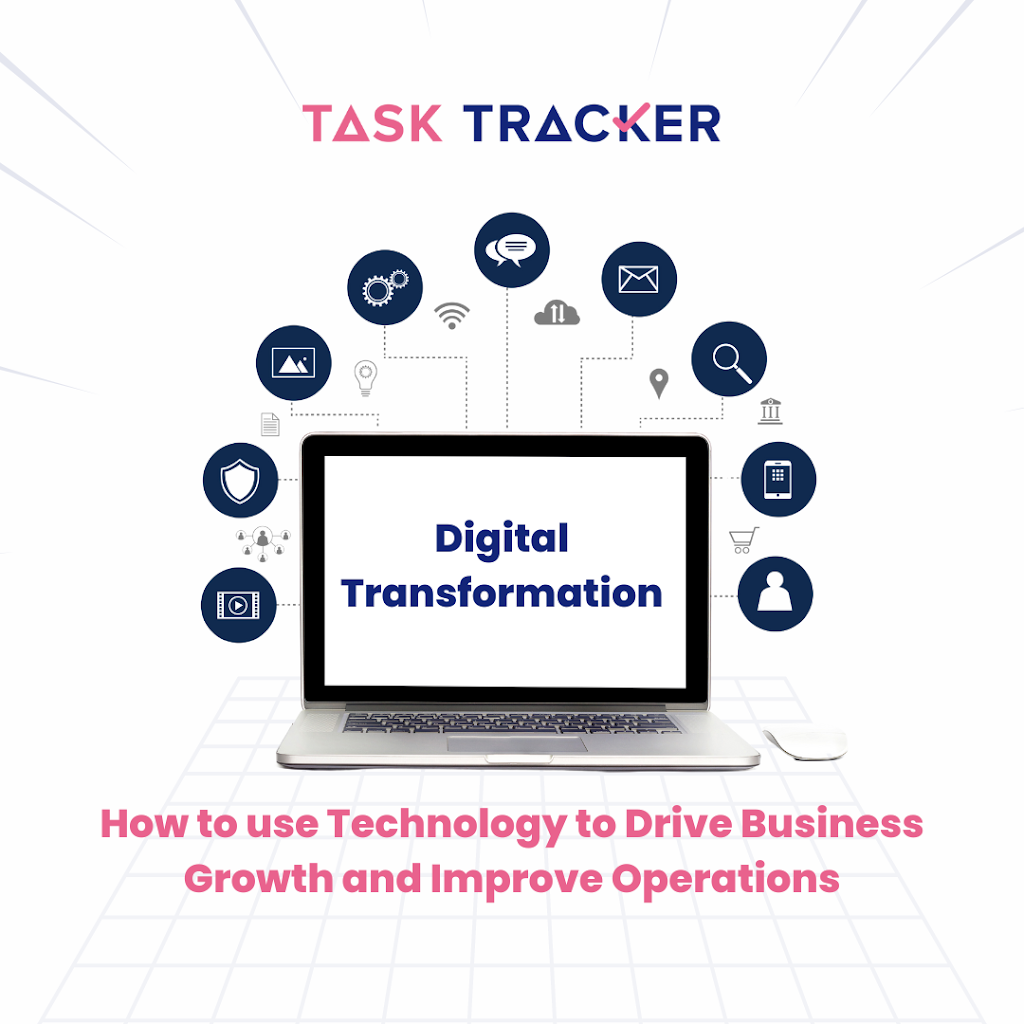Digital transformation is the process of enhancing a company’s operations using digital technologies, rather than recreating them in a digital format. Successful adoption of digital transformation can enable companies to expand more rapidly than their competitors. However, the process can vary significantly based on each organization’s unique characteristics, and changes to a company’s culture and business operations are also crucial for success.
The adoption of new technologies depends on an organization’s specific needs, customer base, and market trends, and not all technologies are suitable for all types of companies. Therefore, digital transformation service providers have increased their investment in new business models that offer greater flexibility, scalability, and cost management. Any technological innovation that helps a company grow and achieve better results can be considered part of the process, and companies should have a clear understanding of digital transformation principles and methodologies before embarking on the transformation journey.
What is Digital Transformation?
Digital transformation brings about significant changes in how businesses operate, communicate, and engage with customers, which disrupts traditional ways of doing things. Therefore, fostering a digital culture within the organization and upskilling the workforce is crucial. This requires a team effort and a cultural shift that embraces constant experimentation and learning from failure.
The path to digital transformation can vary for each organization, with different approaches and strategies. For instance, a business might leverage cloud computing or AI to enhance the customer experience or optimize its supply chain using machine learning insights. With the help of business transformation services, companies can accurately predict and meet customer demands within a few months.
Digital transformation can offer numerous benefits to companies and their workforce,
such as:
Facilitating software
monetization – By transitioning from a product-centric to a software-centric approach, businesses can monetize their software and achieve a higher ROI. However, many organizations lack the knowledge to start the software monetization process.
Improving user
experience – Digital transformation solutions, such as automation, AI, and self-service tools, enable businesses to offer a simple, yet stunning user experience that demonstrates their mastery of the digital age.
Enhancing customer
satisfaction – Customers expect tailored services that cater to their specific needs and want to interact with automated digital tools, which can lead to increased satisfaction.
Boosting
communication and collaboration – Digital platforms that facilitate communication and collaboration between internal divisions can eliminate redundant processes, long response times, and inefficient idea sharing. This can lead to increased responsibility, creativity, and productivity.
Managing works easily–
Leveraging task management applications, such as Task Tracker, can make work easier and increase efficiency. By digitally managing tasks, teams can collaborate in real-time, stay organized, meet project deadlines more efficiently, and ensure that tasks are completed on time.
Improving operational
efficiency – Streamlining manual operations, automating delivery methods, and updating products with digital transformation solutions can enhance operational efficiency and bridge income gaps.
Increasing agility
and innovation – Agile organizations can adapt quickly to changes and manage uncertainty, establish accountability, and reduce risk. This can assist businesses in building successful and sustainable operations.
Embracing a digital
culture within the organization
Digital transformation is crucial for companies that want to stay competitive and grow in today’s fast-paced business landscape. It involves leveraging digital technologies to optimize operations, improve the customer experience, and enhance business outcomes. However, to achieve success, companies must have a clear understanding of their specific needs, culture, and business processes. They must also foster a digital culture, upskill their workforce, and constantly experiment and learn from failure. By doing so, businesses can reap numerous benefits, including increased efficiency, agility, innovation, and customer satisfaction. Digital transformation is an ongoing journey, and companies must continuously adapt to changing technologies, customer needs, and market trends to stay ahead of the curve.



Leave a Reply